Cats are curious creatures, often exploring their world with a sniff and a nibble. As cat owners, we want to ensure our feline friends are happy and healthy. While some foods might appear harmless, they can actually upset your cat’s stomach. Understanding what to avoid can help keep your cat safe and comfortable. Here are five foods that might seem harmless but could cause stomach issues for your beloved pet.
Dairy Products: Not the Treat They Seem
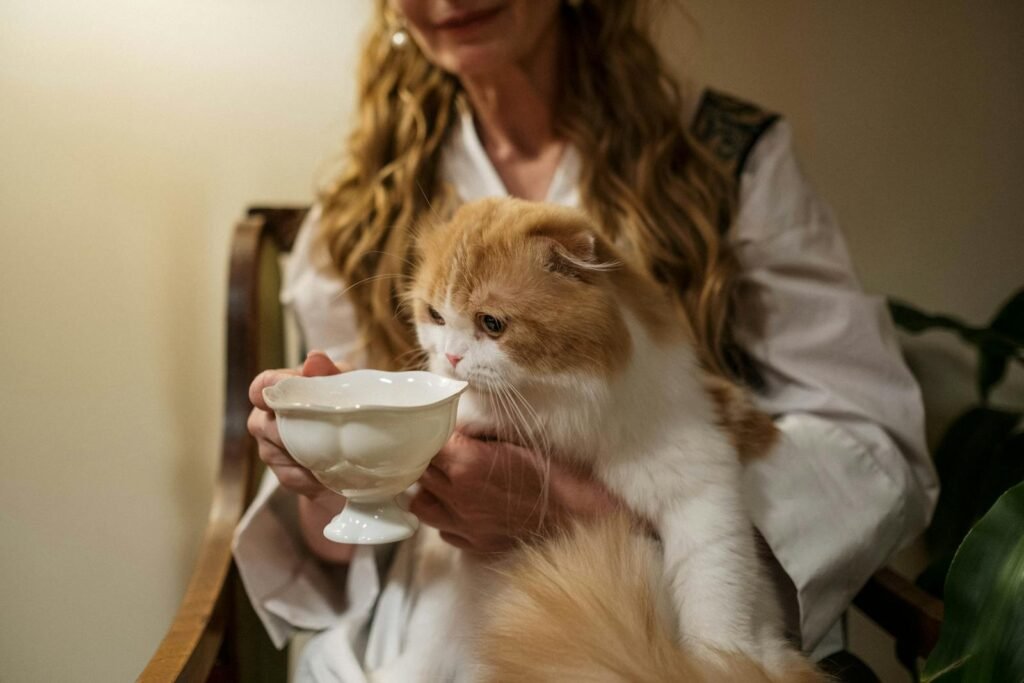
Many of us have grown up with the notion of a cat joyfully lapping up a bowl of milk. However, the truth is that most adult cats are lactose intolerant. This means that when they consume dairy products like milk, cheese, or yogurt, they may experience digestive discomfort. Cats lack the enzyme lactase, which is necessary to break down lactose. As a result, consuming dairy can lead to symptoms such as diarrhea, vomiting, and bloating. It’s best to steer clear of dairy treats and opt for cat-friendly alternatives instead.
Onions and Garlic: Flavorful but Dangerous
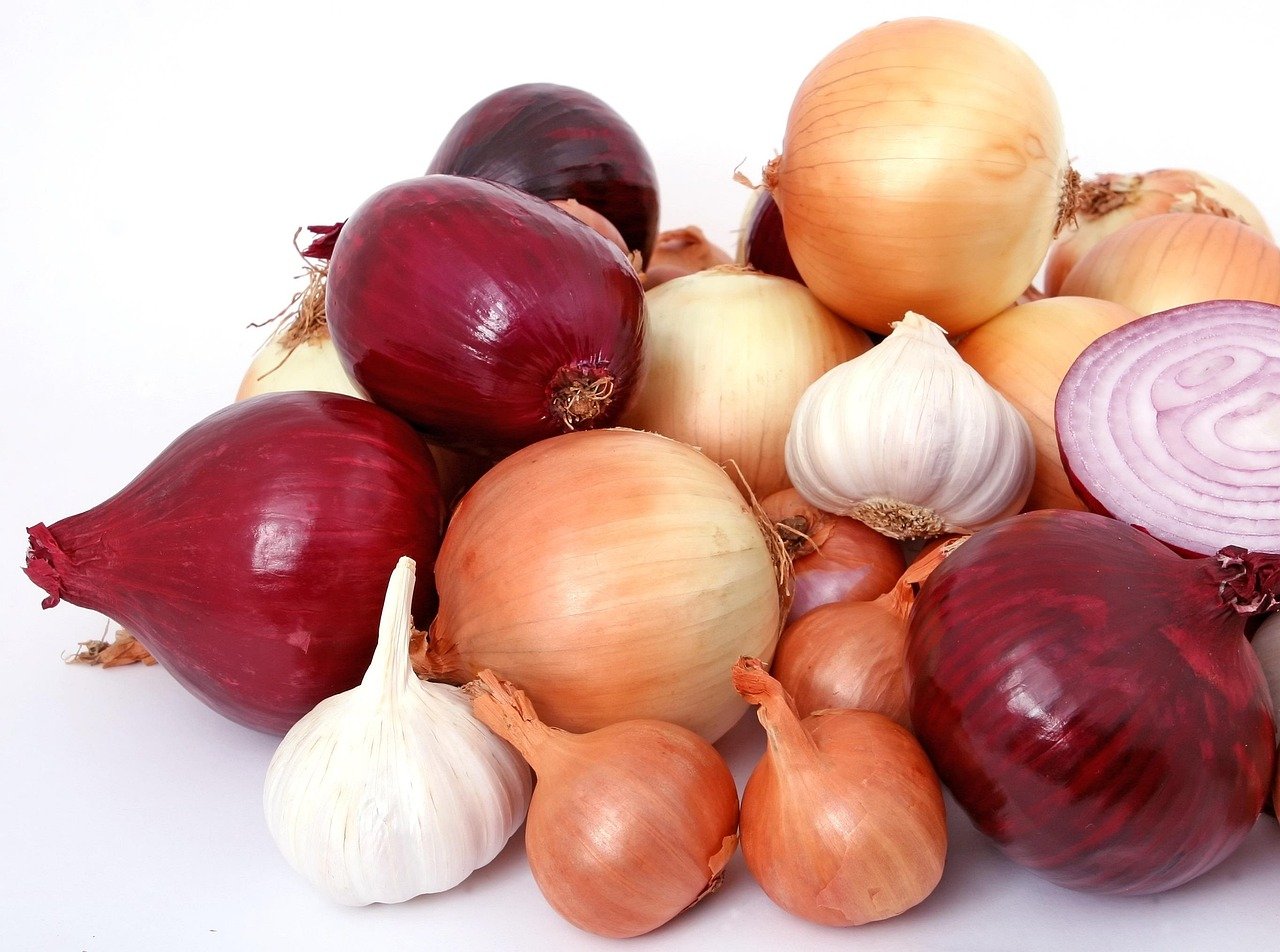
Onions and garlic are commonly used to flavor human meals, but they can be harmful to cats. These ingredients contain compounds that can damage a cat’s red blood cells, leading to a condition called hemolytic anemia. Even small amounts can be dangerous, whether they are raw, cooked, or in powdered form. Symptoms of onion or garlic poisoning in cats include weakness, lethargy, and reduced appetite. It’s crucial to keep dishes containing these ingredients out of your cat’s reach to ensure their well-being.
Grapes and Raisins: Sweet but Harmful
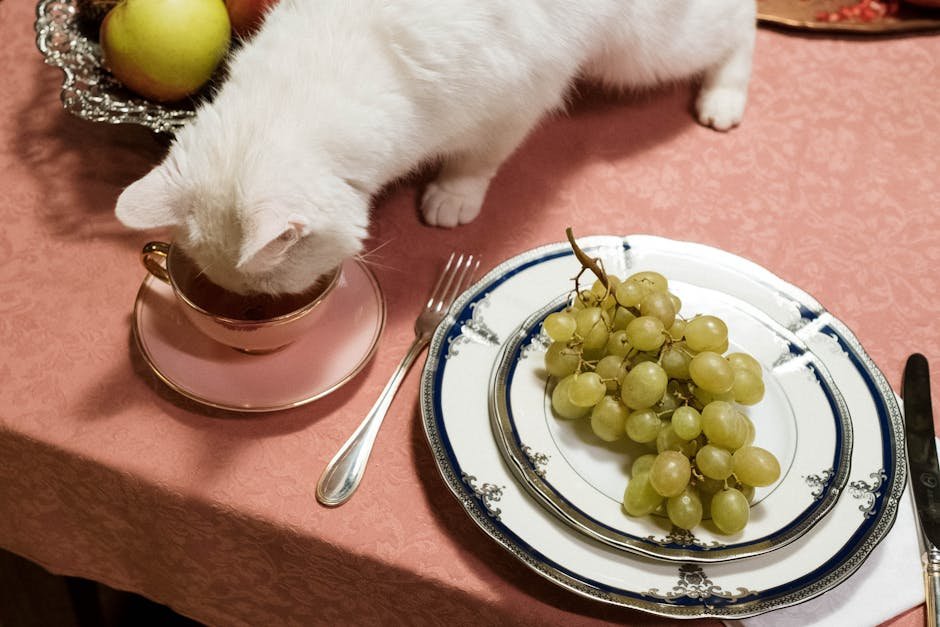
Grapes and raisins might seem like a sweet and harmless snack, but they can actually be toxic to cats. While the exact substance causing toxicity is not well understood, ingestion of these fruits can lead to kidney failure in cats. Symptoms to watch for include vomiting, lethargy, and a decrease in urination. It’s essential to keep these fruits away from your cat’s paws, and ensure that all family members and guests are aware of the potential danger.
Chocolate: A Tempting Treat with Risks
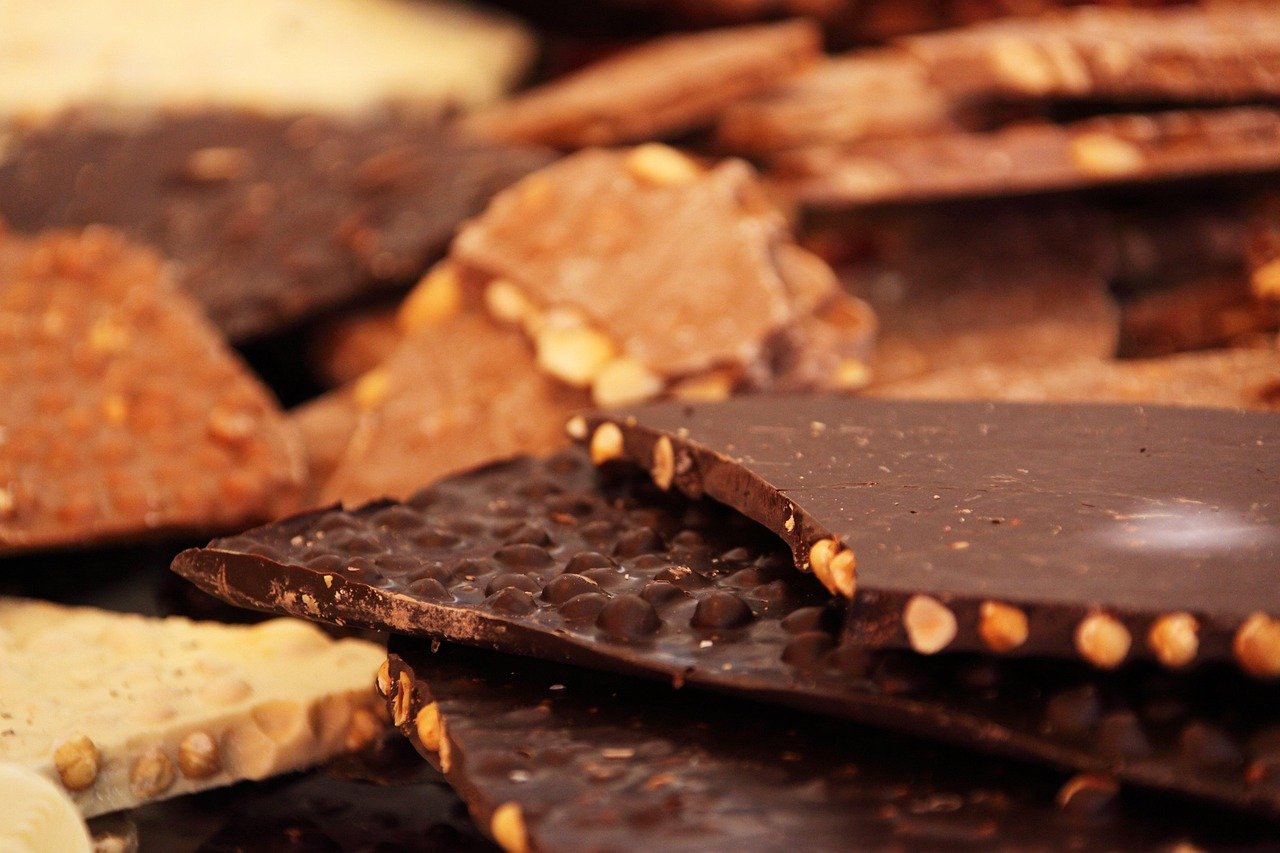
Chocolate is a beloved treat for many, but it’s a definite no-no for cats. It contains theobromine and caffeine, both of which are toxic to cats. Even small amounts can cause symptoms such as vomiting, diarrhea, increased heart rate, and in severe cases, seizures or even death. Dark chocolate and baking chocolate are particularly dangerous due to their higher concentrations of theobromine. To keep your cat safe, always store chocolate out of reach and educate those around you about its risks.
Raw Eggs: More Than Just a Risky Breakfast
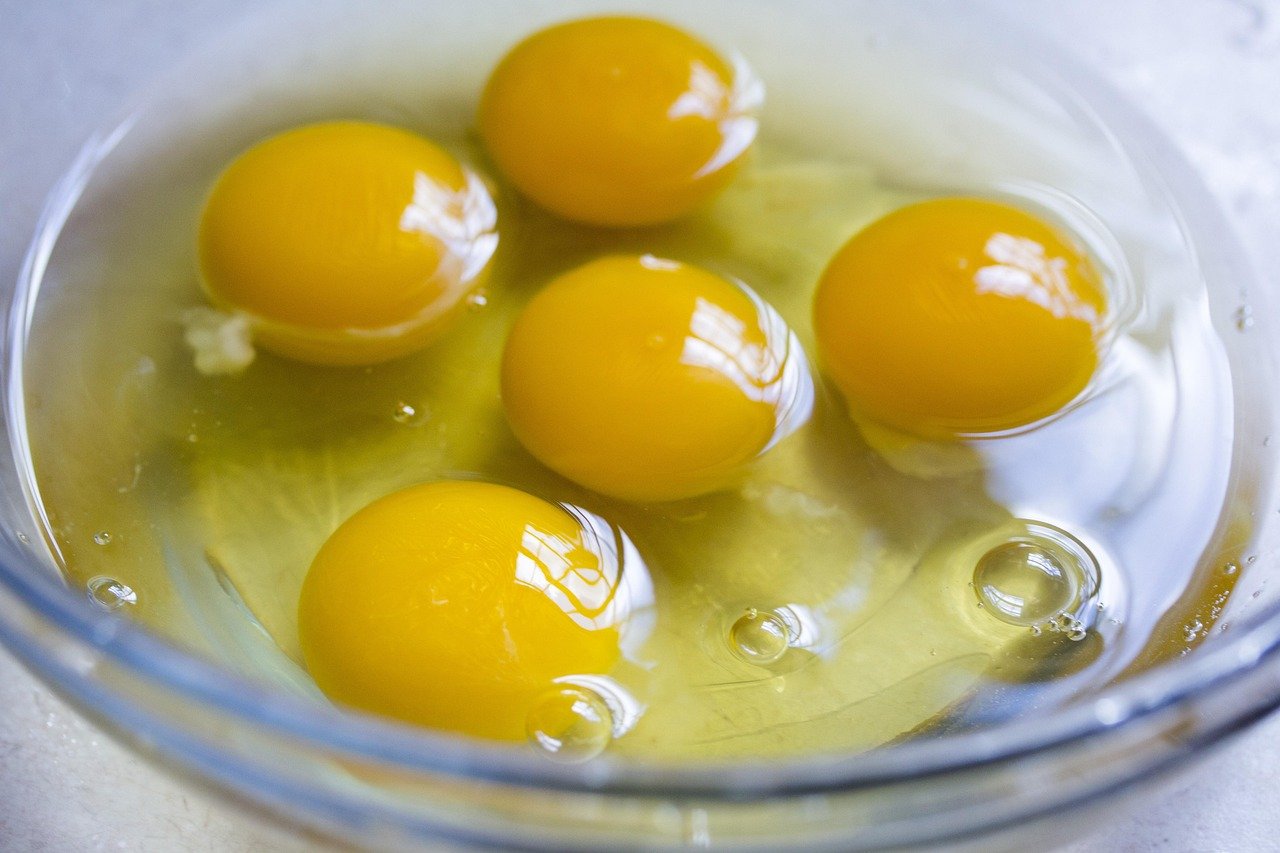
Raw eggs might not seem like a big deal, but they pose several risks to cats. Firstly, raw eggs can contain bacteria such as Salmonella or E. coli, which can lead to food poisoning. Secondly, raw egg whites contain a protein called avidin, which can interfere with the absorption of biotin, a B vitamin essential for healthy skin and coat. Symptoms of biotin deficiency include skin lesions and poor coat condition. To avoid these risks, it’s best to ensure any eggs given to your cat are fully cooked.
In conclusion, while it might be tempting to share your food with your feline friend, it’s essential to be aware of the potential risks. Even seemingly harmless foods can upset your cat’s stomach or pose serious health risks. By keeping these foods out of your cat’s diet, you can help ensure their health and happiness. Always consult with a veterinarian if you’re unsure about what’s safe for your pet to eat.

Linnea is a born and bred Swede but spends as much time as possible in Cape Town, South Africa. This is mainly due to Cape Town’s extraordinary scenery, wildlife, and atmosphere (in other words, because Cape Town is heaven on earth.) That being said, Sweden’s majestic forests forever hold a special place in her heart. Linnea spends as much time as she can close to the ocean collecting sea shells or in the park admiring puppies.






